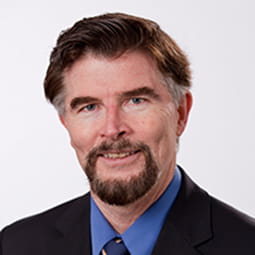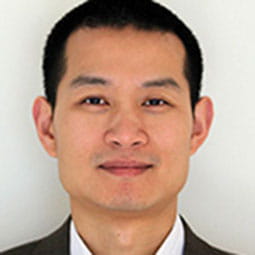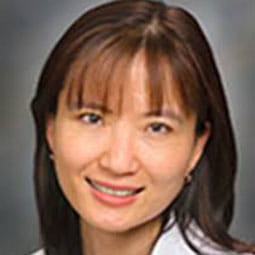Our Team
Center for Cardiovascular Regeneration
The Center for Cardiovascular Regeneration comprises a 16,000 square-foot facility that accommodates the research space needs of 14 research faculty, and 80 institute scholars, students, postdoctoral fellows and research scientists. They work together on topics such as stem cell biology, aging and regeneration. The investigators have expertise in bioengineering, computational biology, developmental biology, epigenetics and chromatin dynamics, progenitor and stem cell biology, telomere regulation, and cardiomyocyte and vascular biology.
Faculty

John P. Cooke, MD, PhD
Dr. Cooke’s research focuses on restoration or stimulation of endothelial functions such as vasodilation and angiogenesis, using small molecules or stem cell therapies. Recent insights from the laboratory have clarified the role of innate immune signaling in nuclear reprogramming to pluripotency and therapeutic transdifferentiation for vascular disease.
View Cooke lab to learn more about Dr. Cooke's research.

Longhou Fang, PhD
Dr. Fang’s laboratory focuses on the role of apoA-I binding protein (AIBP) in lipid metabolism, angiogenesis and lymphangiogenesis under pathophysiological conditions. This includes identifying its molecular mechanism and unravelling the roles of AIBP in heart hypertrophy, heart ischemia and reperfusion, peripheral artery ischemia and reperfusion, corneal angiogenesis, wound healing, tumorigenesis as well as heart regeneration in preclinical models.
View Dr. Fang's seminar to learn more about his research.

The Le’s research group is interested in molecular mechanisms by which disturbed blood flow causes endothelial cell inflammation, dysfunction, apoptosis, and atherosclerotic plaque formation. Dr. Le and colleagues have developed both in vitro and in vivo systems to address this topic, and has identified a crucial role for the p90RSK-ERK5 kinase complex in this process. Dr. Le and colleagues have also discovered the formation of a pro-inflammatory and pro-senescence complex comprising p90RSK, a member of the shelterin complex, and p65. In addition, the role of endothelial ERK5 kinase in the regulation of statin-induced anti-inflammatory effect was also demonstrated using murine heart transplantation model. Recently, Dr. Le and colleagues have identified that a membrane-associated guanylate kinase-1 (MAGI1) is an unexplored molecule that regulates both endothelial inflammation and anti-viral response.
Besides the significant improvement in patient survival rate, modern cancer therapies including chemotherapy, immunotherapy, radiotherapy, targeted therapy, and surgery cause not only cardio-toxicity but also vascular complications such as angina (spasm), myocardial infarction, venous or arterial thrombosis, and newly developed or worsened hypertension. The Le’s research group is also interested in understand how cancer therapies mediates vascular complications.
Center for Cardiovascular Regeneration
Houston Methodist Research Institute
6670 Bertner Ave.
Houston, TX 77030
713.441.8322
